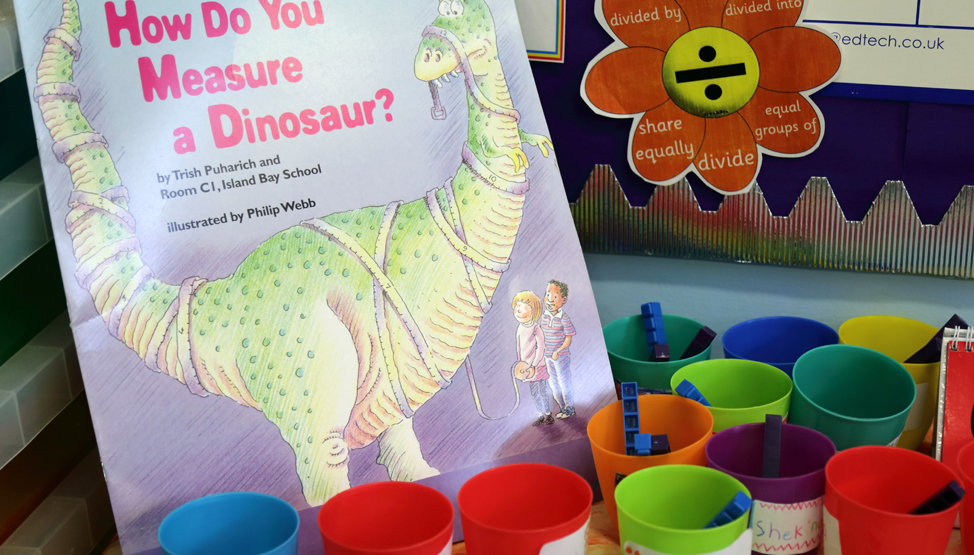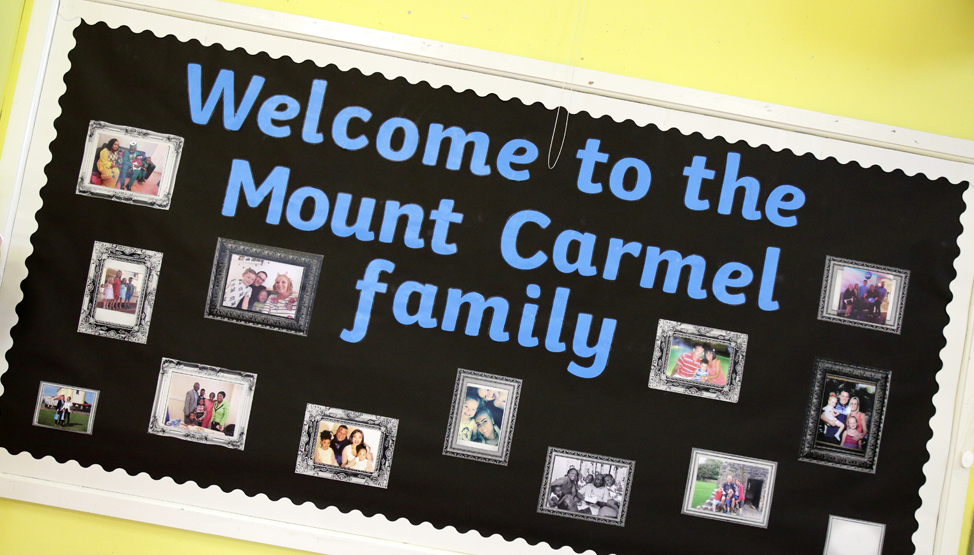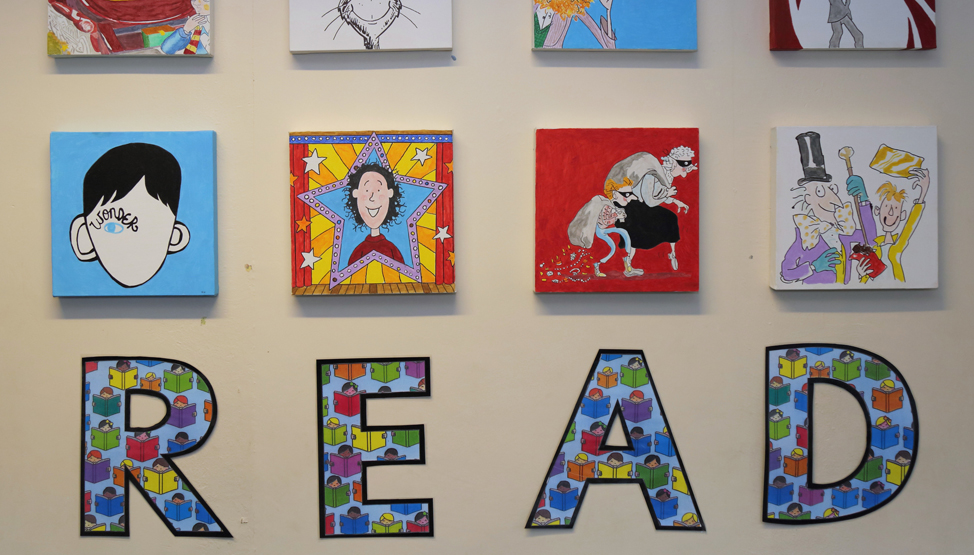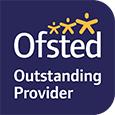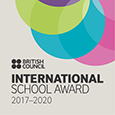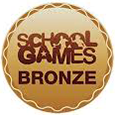History

History Curriculum Statement 2025- 2026
Intent
At Mount Carmel, we aim to inspire our children to find out about the past. Their history education will help them to develop a coherent knowledge and understanding of Britain’s past and that of the wider world by evaluating a range of primary and secondary sources. Pupils will be able to explain how these sources enable them to see the complexity of people’s lives, the process of change, the diversity of societies and relationships between different groups around the world in different periods and how these interpretations may differ.
The history curriculum is planned and structured to extend previous knowledge and in key stage 2 the curriculum is in chronological order to assist pupils in gaining a clear chronology of the past. Pupils are provided with opportunities to be independent, open minded and curious enquirers, who can reflect on the past and make significant links to the present. SEND pupils access the full history curriculum with modifications made in certain circumstances. More able pupils are encouraged to respond to enquiry questions in greater depth using various sources to support.
Pupils will be able to:
Know and understand the history of these islands from the earliest times to the present day.
Understand how people’s lives have shaped this nation and how Britain has influenced and been influenced by the wider world.
Know and understand the nature of ancient civilisations, the rise and fall of empires, the characteristics of the Kingdom of Benin.
Use historical and abstract terminology, for example: empire, civilisation, parliament, peasantry.
Understand historical concepts: continuity and change; cause and consequence; similarities, differences and significance. They will make use of connections, draw contrasts, analyse trends, frame historically valid questions and create their own structured accounts.
Understand the methods of historical enquiry, including how evidence is used to make historical claims. They will be able to discern how and why contrasting arguments and interpretations of the past have been constructed.
Acquire an historical perspective by applying their knowledge into different contexts, understanding the connections between local, regional, national and international history; between cultural, economic, military, political, religious and social history; and between short and long- term timescales.
Implementation
At Mount Carmel, we implement a curriculum that is progressive from nursery to year 6. History is taught each term for half a term, focusing on the knowledge and skills outlined in the National Curriculum. At the beginning of each unit of work, we review previous learning and refer to timelines to help the children retain knowledge, grasp chronology and to begin to contextualise the new unit of study. Abstract terminology will be taught in context and children will be able to apply this language successfully in their work. We actively engage in historical enquiries through viewing artefacts in museums, library visits for research and visiting historical sites. The past is explored through experience days, e.g. a visit from a Viking and the use of Now Press Play (audio immersive stories).
SEND pupils who require extra support to develop their historical understanding focus on securing the most generative knowledge. In order to develop more able pupils, they are provided opportunities to communicate their findings in different formats and apply their knowledge and skills in a wider context.
Pupils’ progress is secured through pre-assessment at the beginning of each unit to pre- teach vocabulary and context, including building on concepts and themes encountered in previous units. During pre- assessment, gaps in understanding are established and unit planning will be adapted to address gaps and misconceptions in lessons. Pupils’ understanding of key concepts are assessed during lessons. At the end of each unit of work, we collate and evaluate the evidence and information we have gathered to respond to the enquiry question.
Classrooms will display a timeline and vocabulary linked to the unit of study. All books will contain a timeline and learning objectives which are shared with pupils.
Impact
Pupils are equipped with the historical skills and knowledge to prepare them for the key stage 3 curriculum and have acquired life skills to be inquisitive, discerning and research the sources of information.
Through pupil voice, evidence in books and the website, pupils will be able to express the skills and knowledge they have acquired. They will be able to engage in discussions during lessons and show an interest in the past. The children will present work demonstrating a knowledge of:
Themselves
Their families
Significant people in history
About local history and the impact of local and national events
Britain from the Stone age to the Iron age
An overview of ancient civilisations and in depth study of the rise and fall of the Egyptians
The achievements of Ancient Greece
Roman Britain
Anglo- Saxons, Vikings and Scots
The Kingdom of Benin
The Industrial Revolution
Assessment and monitoring will show a high standard is expected in the subject and pupils are achieving age related expectations in history using the progression map.

